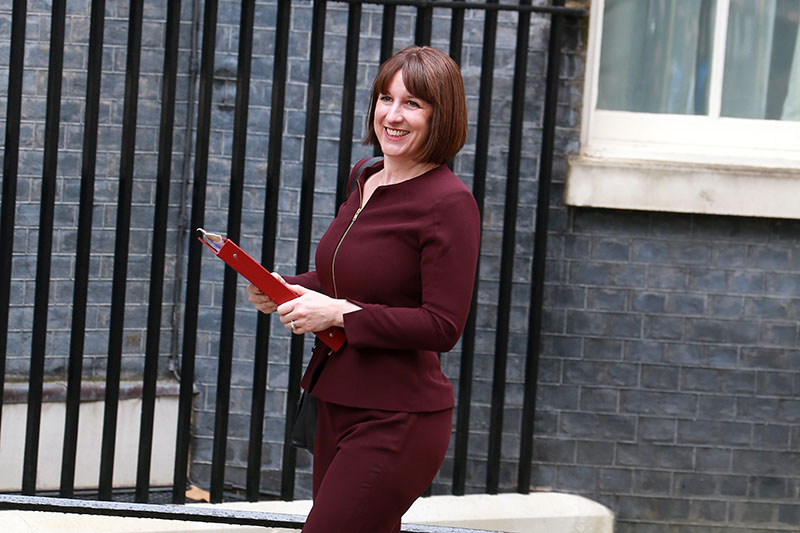
THE UK plant sector has welcomed funding for infrastructure, but warned of ‘significant pressure’ of added business costs, following chancellor Rachel Reeves’ first budget since Labour’s General Election victory earlier this year.
Viki Bell, director of operations at the Construction Equipment Association (CEA), highlighted ‘some positive developments’ for the engineering and construction sectors, especially with the £6 billion allocated to R&D in engineering.
“This investment, alongside the £520 million for a life sciences manufacturing fund and £20 billion committed to R&D, has the potential to support new technology, improve equipment safety, and encourage more sustainable practices — essential elements to keep UK construction competitive on a global scale,” she added. “Such funding could open doors for both SMEs and OEMs as we work to meet the demands of modern infrastructure projects. The government’s renewed commitment to rail, road, and infrastructure development is a promising step for the construction equipment sector.
“The commitment to resume HS2 construction to London Euston, the pledge to invest and maintain hospitals, and the investment in 300 new planning graduates all signal a strong focus on essential infrastructure and housing reform. This investment in the planning workforce is encouraging, but projects of this scale will still require sustained funding, coordinated planning, and broader industry support to be delivered effectively and on time.
“The investment in 11 green hydrogen projects is another positive step, supporting the transition to cleaner energy and encouraging sectors like ours to consider alternative fuels. Despite these positive moves, it’s disappointing to see limited direct financial relief for construction firms.
“Doubling the employment allowance to £10,500 helps smaller construction equipment firms by reducing National Insurance liabilities, however, the planned increase in employer National Insurance from 13.8% to 15% in April 2025, coupled with the reduced secondary threshold from £9,100 to £5,000, is a double blow for firms. These added costs are likely to strain budgets and limit opportunities for new hires or expansion, putting significant pressure on SMEs and OEMs at a time when stability and investment are critical. While we welcome the forward-looking approach, more targeted support is essential to help our sector fully contribute to these ambitious goals.”
Steve Mulholland, CEO of the Construction Plant-hire Association (CPA), described the budget as an opportunity for the new government to show it is serious about providing the business community with stability and certainty.
“Despite not being part of the Industrial Strategy there appears to be an acknowledgement that infrastructure shall play its part in this new era of intended stability and growth with a commitment to spending on roads, rail, hospitals, schools, and homes,” he stated. “We welcome the news that fuel duty remains frozen, however it is disappointing that employers will have to pay more in National Insurance, and that the plant hire sector remains excluded from being able to take complete advantage of the Full Expensing Allowance in its current form.
“We need further clarity on what fiscal conditions must be met before this can happen. We look forward to seeing more detail.”











